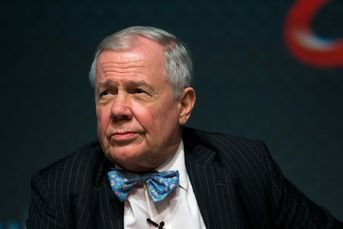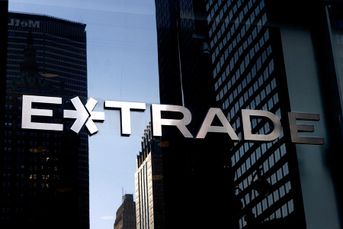Post-DOL fiduciary rule, Wall Street gives the nod to low-cost fund companies

Broker-sold fund companies lag since new regulation released.
As mutual fund companies continue to ponder the effects of the Department of Labor’s fiduciary rule, Wall Street is weighing in as well. The early results aren’t favoring broker-sold fund companies.
Even though there have only been four full trading days since the DOL announced its new rules, some stocks of mutual fund companies are already sagging. Invesco (IVZ) for example, has fallen 3.5% since its close on April 5. The Standard & Poor’s 500 stock index has fallen 0.2%.
(More: Coverage of the DOL rule from every angle)
Franklin Resources (BEN), one of the largest broker-sold fund groups, fell 2.65%. The San Mateo, California company has $742.6 billion in assets globally.
Two other fund company stocks that have lagged the S&P 500: Legg Mason (LM), and Waddell & Reed Financial (WDR), both of which fell 3.5%. All three stocks were up in early trading Wednesday.
“Firms that have the most exposure to A shares and C shares will be most negatively affected by the DOL rule,” said Todd Rosenbluth, director of mutual fund and ETF research for Standard and Poor’s Global Market Intelligence.
BlackRock (BLK), which has lagged the S&P slightly since April 5, could be a significant beneficiary of the DOL rule nevertheless. “They have a well-diversified core series of ETFs with iShares,” Mr. Rosenbluth said. The stock is down 0.6%.
Among the outperformers: SEI Investments (SEIC), which caters to banks, financial advisers and investment managers. “They do a lot of model-building, and for many advisers, they’re a third-party strategist,” Mr. Rosenbluth said. The stock has gained 2.78% since the DOL rules were announced. Artisan Partners Asset Management (APAM), a no-load group, gained 1.2%.
Eaton Vance (EV) gained 0.12%, possibly because of its NextShares, hybrid exchange-traded funds. T. Rowe Price, the Baltimore-based fund company, fell just 0.2%.
Some of the biggest fund companies — the American Funds, Fidelity and Vanguard — aren’t publicly traded, so it’s hard to get a full read on how the DOL’s rules will affect the industry as a whole. Many fund companies are struggling to retain assets in the face of competition from passive index and exchange-traded funds. And Wall Street’s initial reactions to events are rarely reliable. But at least at the moment, the stock market is giving the edge to companies that can provide low-cost products or advice.
Learn more about reprints and licensing for this article.








